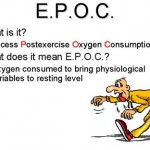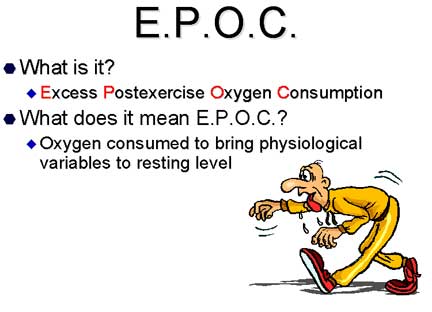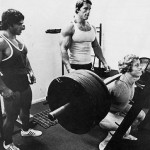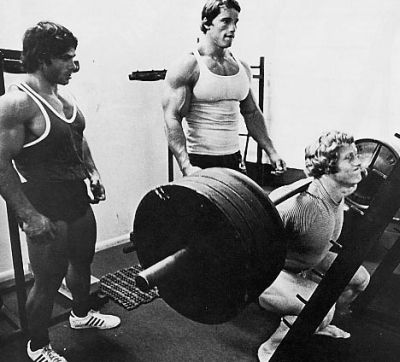“New study says…” Whenever you see these words my first thought would be to ask, what does all of the other research say?
In health and fitness one research paper will never be the final answer about weight loss, or muscle building, or why a particular food is ‘more healthy’ than another.
Each study is designed to answer one specific question in a specific group of people. In most cases the exact thing being measured and the group of people it’s being measured in is likely not representative of most people.
The problem arises because of a fundamental gap between what type of research academics are doing, and the claims they are willing to make vs the claims the media and bloggers are willing to make on the same information.
Academic papers are written for the most part for other academics to read, they’re not typically written to generate claims for people to then act on for weight loss, or muscle gaining, or general health.
In today’s podcast we’re going to explain why this gap exists and how some of the most commonly held beliefs in the diet and fitness industry come from a misinterpretation of research by the media.
John
Login and Download Podcast Here
For more information as well as how to get access to Adonis UNCENSORED, click the link below:
Adonis UNCENSORED Premium Podcast











